Factors to Consider While Assessing Your 2016 Winter Wheat Crop Stand and Spring Nitrogen Timing
As the snow begins to melt and we finally put the 2015/16 winter behind us, many growers and consultants alike are beginning to venture out to their winter wheat fields to assess winter injury and nitrogen timings. Though it is a bit premature to make any rash decisions regarding crop destruction here are a few considerations for assessing your spring 2016 winter wheat stands.
-
As you look across your wheat landscape vibrant green patches will be interspersed with drab brown areas. The brown areas do not necessarily indicate those plants are dead.
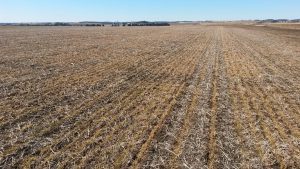
2016 Arlington Winter Wheat Variety Trial – Roadside Assessment 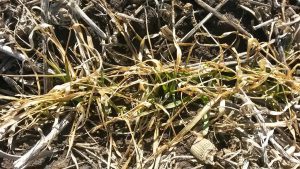
2016 In Field Stand Assessment 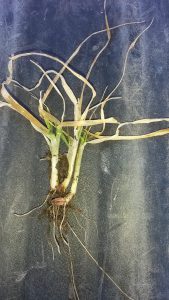
2016 Planting Depth and Tiller Assessment Growers and consultants can either reassess in a week or pull plants from the field and place in warm environments. Milk houses and kitchens work perfect. Root regrowth will appear from the crown and will appear as vibrant white roots as shown below.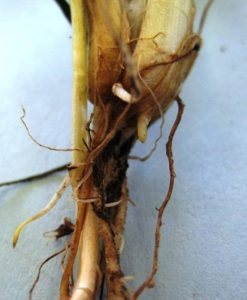
Spring Root Regrowth in Winter Wheat If plants do not recover our critical threshold for turning over a field is 12 to 15 live plants per square foot. Below this threshold is an automatic replant.
- Hot off the press (word press that is)…the N timing decision just got easier. New research from Dr. Carrie Laboski’s program indicates that the optimal time to apply nitrogen to wheat in WI is green-up regardless of tiller count. For more detailed information check out her new blog article here entitled: Time your spring nitrogen applications to maximize winter wheat yield.
- Lastly remember that wheat grain in itself is only part of the revenue you capture with winter wheat. The price of winter wheat straw remains strong so please consider that revenue stream before any replant decisions are made.

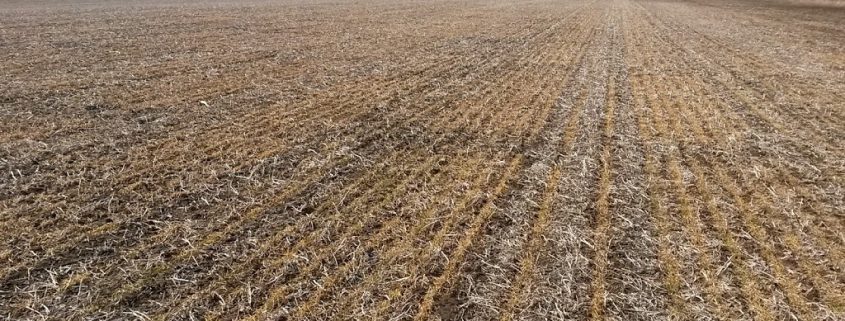
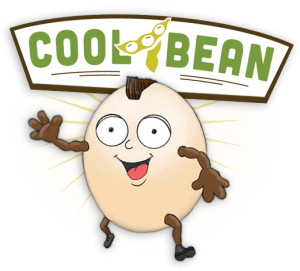

Leave a Reply
Want to join the discussion?Feel free to contribute!